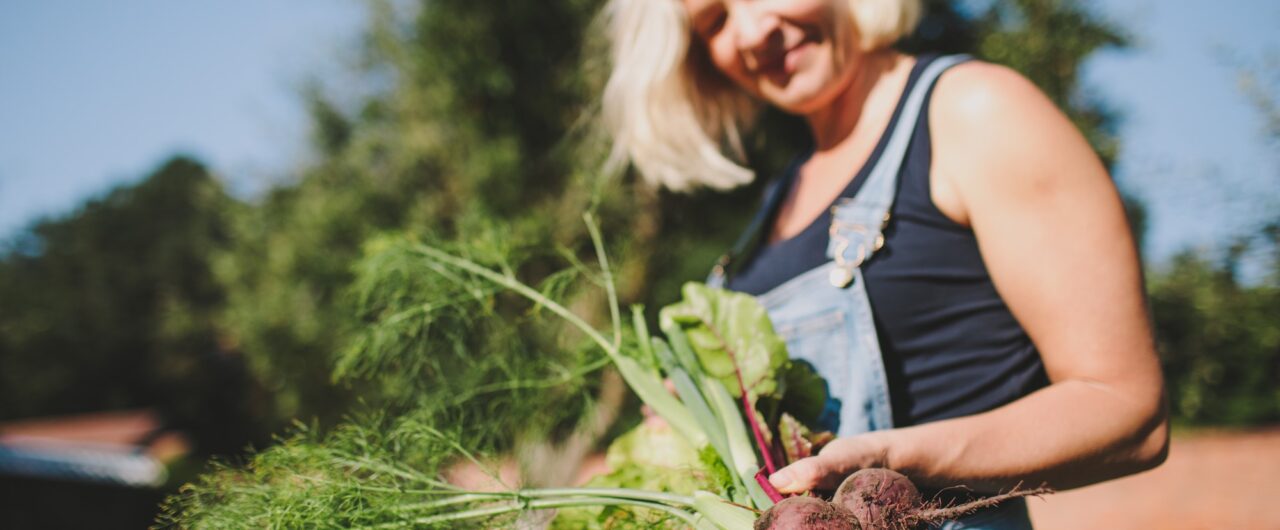The following recommendations are important for lowering your blood pressure without medication or salt restriction. Use these diet and lifestyle approaches to improve your blood pressure naturally.
- Reduce excessive refined carbohydrate and/or sugar intake
High blood sugar and insulin resistance contribute to the development of hypertension
Stick to whole-food carbohydrates like potatoes, sweet potatoes, and fruit instead of refined grains and sugars
Match your carb intake to your activity levels
- Increase your intake of minerals
Potassium, magnesium, and calcium are more important for reducing blood pressure than salt restriction Increase intake of potassium-rich plant foods like white potatoes, bananas, and tomatoes
Increase calcium intake through dairy products, bone-in fish, nuts and seeds, and leafy greens
Increase magnesium intake through pumpkin seeds, almonds, dark, leafy greens, molasses, dark chocolate, and bananas
- Consume grass-fed dairy (if tolerated)
Grass-fed dairy fat contains vitamin K2, which may be the most important nutrient for preventing cardiovascular disease
Foods high in K2 include butter and ghee, hard cheeses, poultry liver, and fermented soy (natto) Consider supplementing with K2
- Eat one pound of fatty fish per week
Omega-3 fats in fish are found to reduce risk of hypertension and cardiovascular disease
It’s safer to get omega-3 fats from fish rather than from fish oil
Fatty fish options include salmon, sardines, halibut, mackerel, trout, tuna, anchovies, herring, and whitefish
- Drink tea
Certain types of tea are effective at lowering blood pressure
These teas include hibiscus, hawthorn, gotu kola, oolong, and green tea
Drink two to three cups per day (total; a combination of the above teas is most effective) to lower blood pressure
- Eat beets
Beets are high in nitrate, which turns into nitric oxide and can promote vasodilation and lower blood pressure Other foods high in nitrates include celeriac, chinese cabbage, endive, fennel, kohlrabi, leek, parsley, celery, lettuce, spinach, and rocket
Beet juice has been shown to lower blood pressure in studies
- Get some sunshine
UV radiation also helps produce nitric oxide in our blood, which lowers blood pressure Aim for 20 to 30 minutes of unprotected, bare skin exposure on a daily basis
- Reduce stress
Chronic stress is a well-known cause of high blood pressure
Meditation and deep breathing are two incredibly effective strategies that can be used daily to lower blood pressure
- Focus on sleep
Short sleep duration and poor sleep quality increase the risk of high blood pressure Sleep apnea is also associated with elevated blood pressure
Aim for seven to nine hours of high-quality sleep nightly
- Exercise regularly
All types of exercise have been shown to reduce blood pressure
This includes endurance exercise like walking and cycling, as well as strength training exercises like weight lifting or bodyweight exercises
Sitting less is also important; aim for standing for at least half of your day (e.g., working at a standing desk) and walking 10,000 steps a day
To get in touch with Sally: admin@drsallybell.com
Instagram: @drsallybell

Connect with us